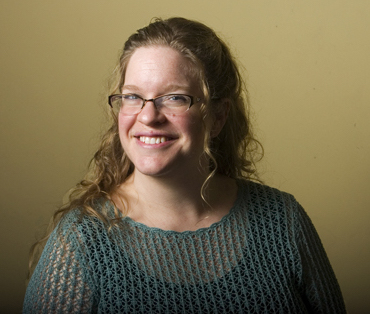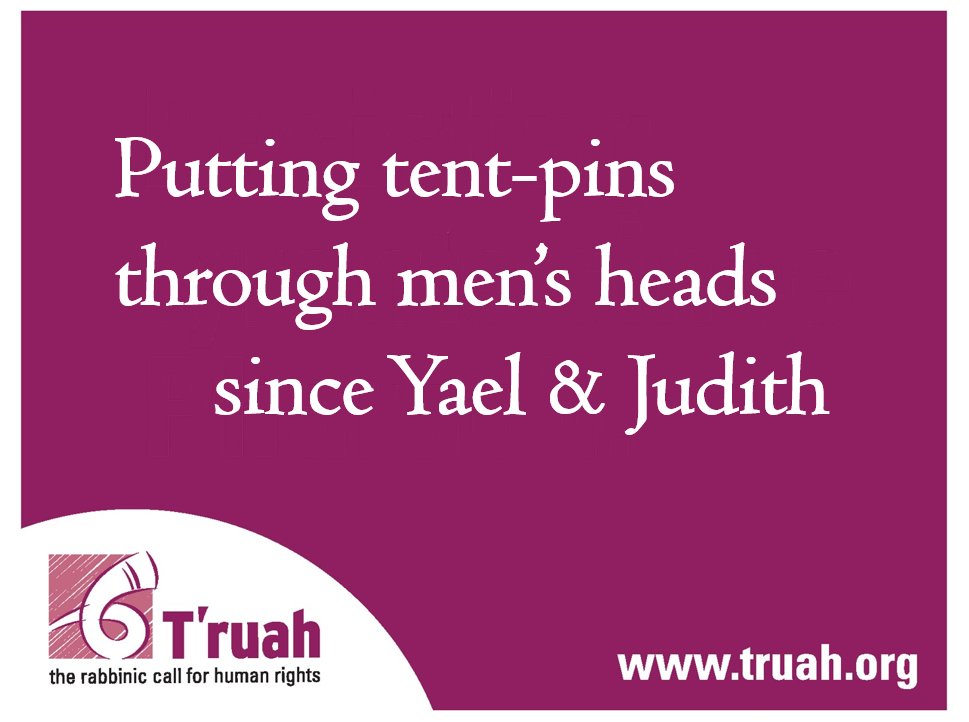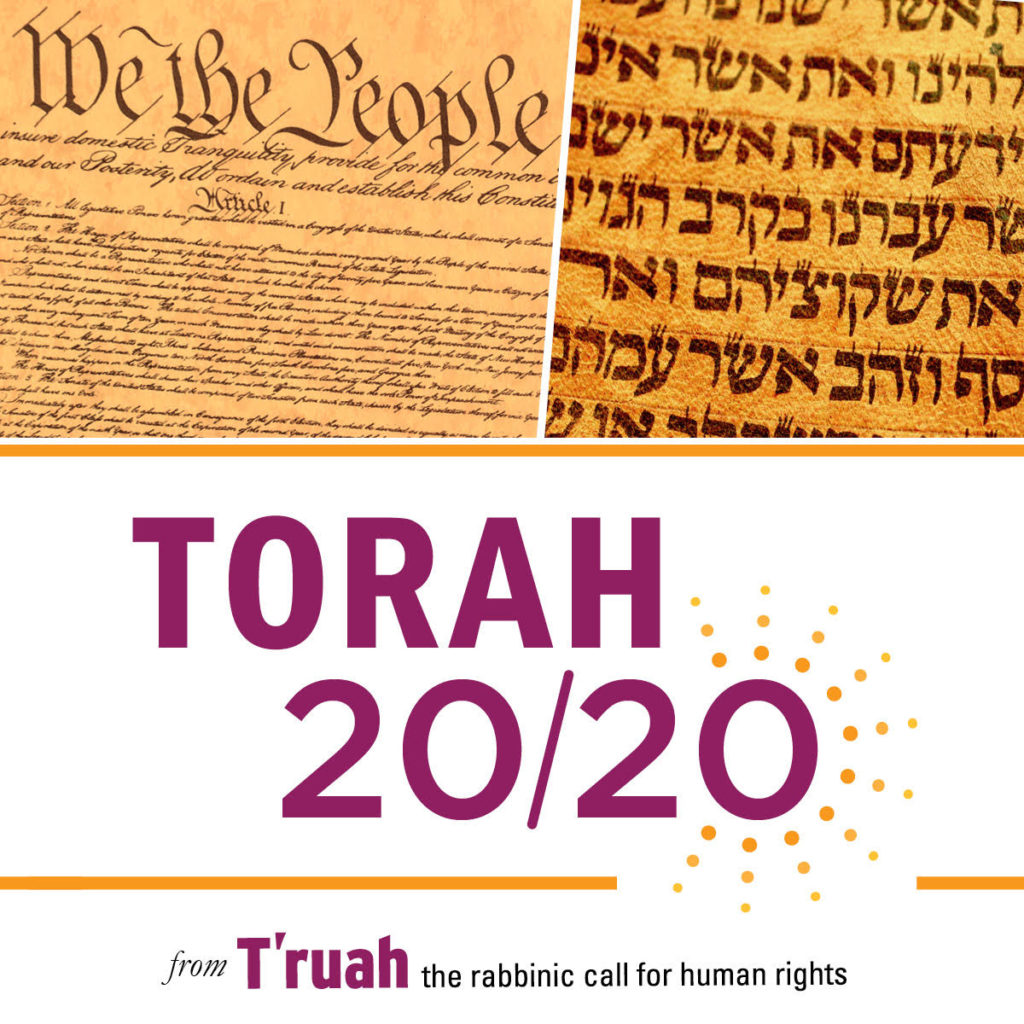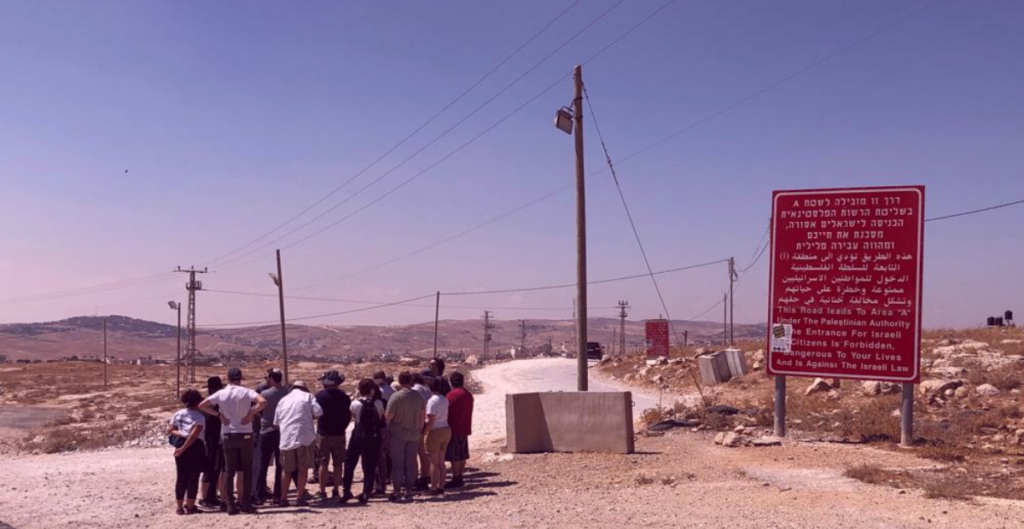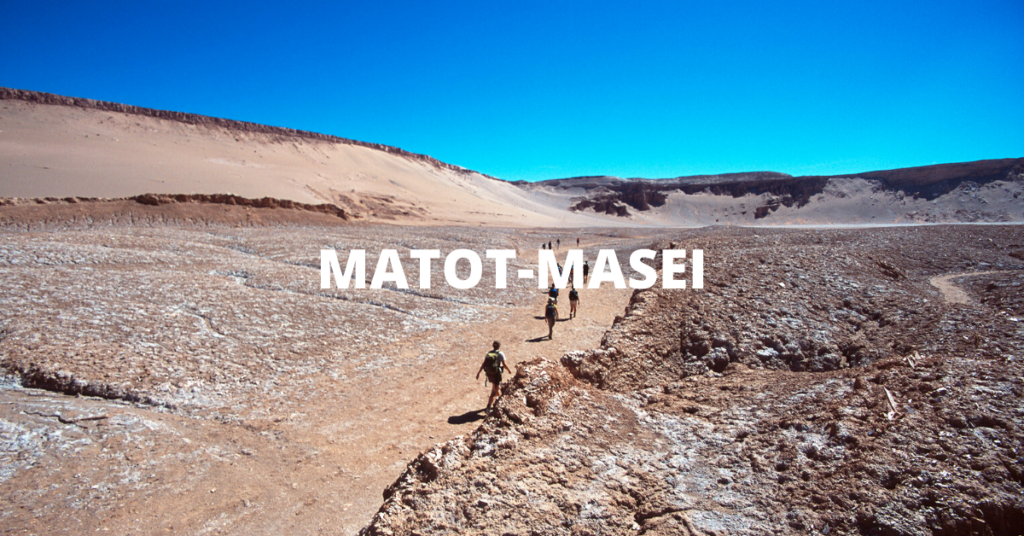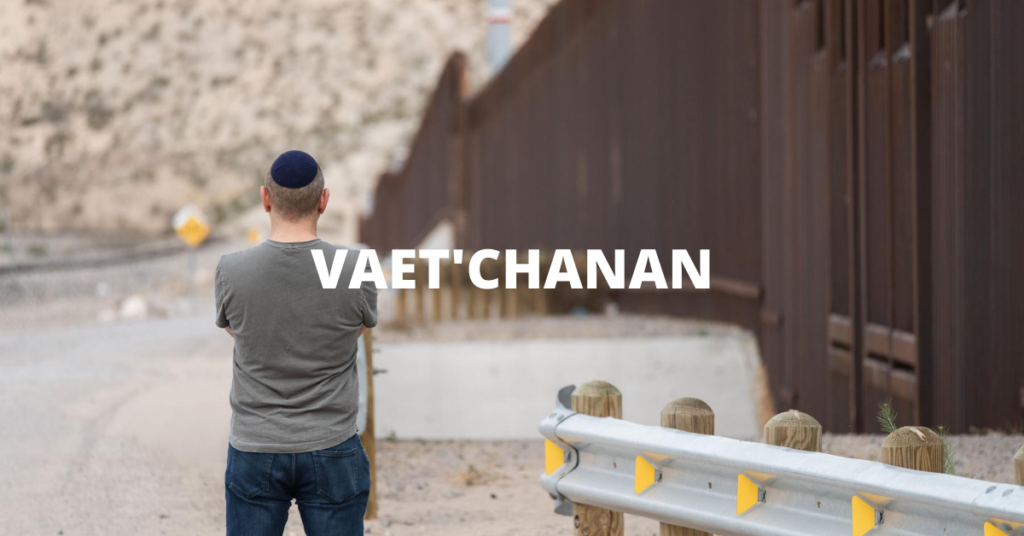
Three Plagues
This week’s Torah portion is Parshat Bo. The portion tells the stories of the last three plagues suffered by the Egyptians—locusts, darkness and the killing of the firstborn. During the Pesach seder, we remove drops of wine from our cups to remember the suffering of the Egyptians. During morning worship on Pesach, we recite Hallel,...
read more

